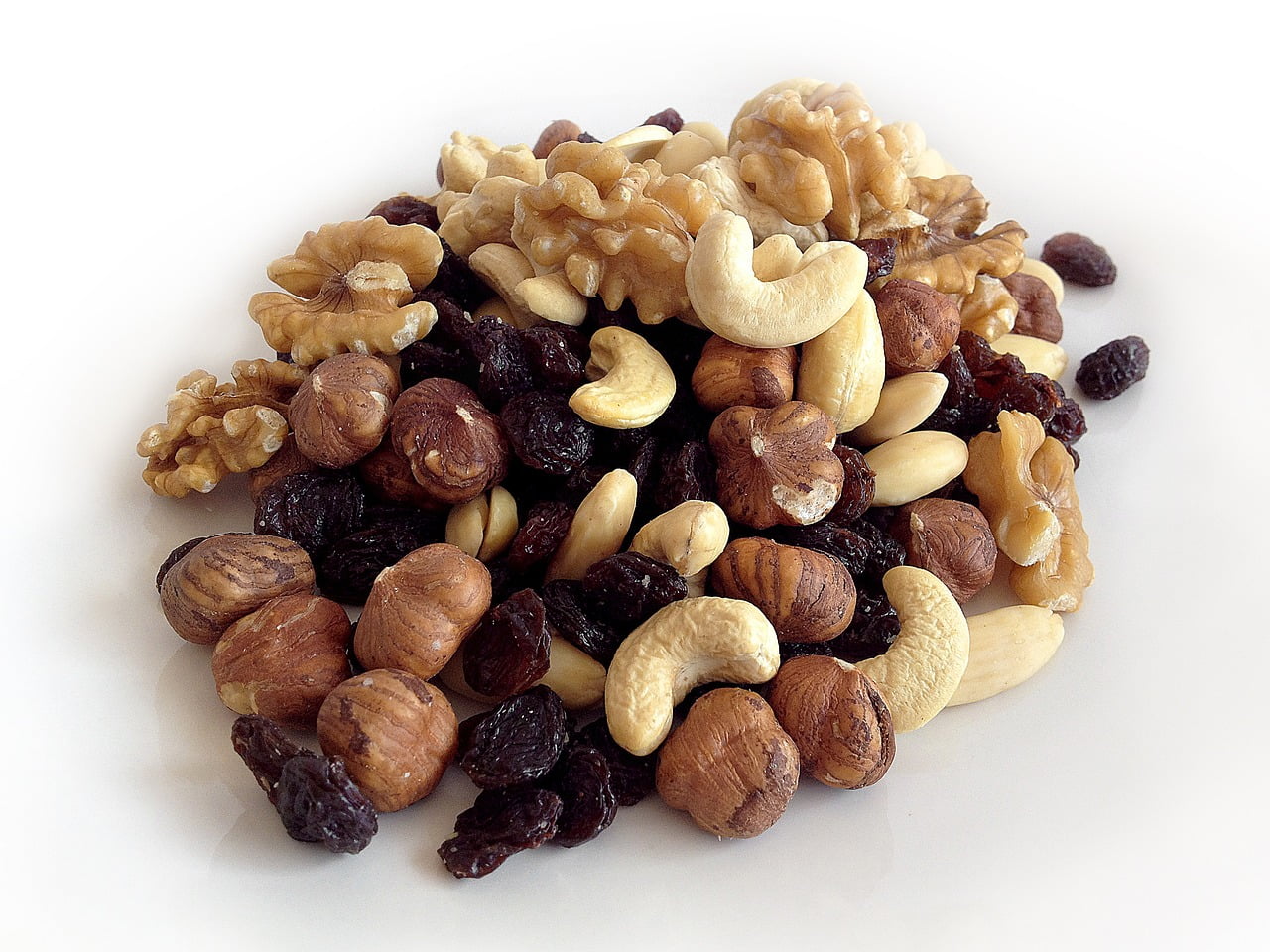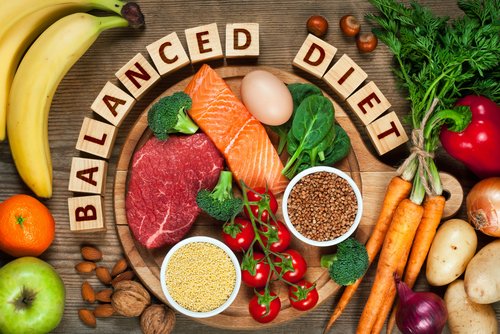Enhancing your strength through strategic nutrition is a holistic approach that fuels your body for optimal performance. The interplay of macronutrients – protein, carbohydrates, and fats – forms the basis of this strategy. Protein provides the building blocks for muscle repair and growth, while carbohydrates serve as the primary energy source for intense workouts. Healthy fats support overall health and aid in recovery.
To increase strength, focus on lean protein sources such as poultry, fish, and legumes, complemented by complex carbohydrates from whole grains, fruits, and vegetables. Incorporate essential fats like those found in avocados and nuts for joint health and sustained energy.
The Role of Macronutrients: Powering Your Strength Journey
Enhancing your strength through strategic nutrition begins with understanding the fundamental macronutrients – protein, carbohydrates, and fats – that serve as the backbone of your diet. Each macronutrient plays a unique role in fueling and supporting your strength goals.
- Protein: As the cornerstone of muscle development, protein provides the amino acids necessary for repairing and building muscle fibers. Include lean sources like poultry, fish, lean cuts of meat, eggs, and plant-based options such as legumes. Distribute protein intake throughout the day to support consistent muscle repair and growth.
- Carbohydrates: Carbs serve as your body’s primary energy source, fueling intense workouts and aiding in recovery. Opt for complex carbohydrates from whole grains, fruits, and vegetables. These provide sustained energy and help replenish glycogen stores, essential for prolonged strength training sessions.
- Fats: Healthy fats play a crucial role in hormone production, joint health, and overall well-being. Incorporate sources like avocados, nuts, seeds, and fatty fish. Omega-3 fatty acids, in particular, reduce inflammation and support recovery, enhancing your ability to perform at your best.
Protein Prowess: The Foundation for Muscle Enhancement

To amplify your strength gains, prioritize protein intake. Protein not only repairs and builds muscle tissues but also aids in the recovery process after intense workouts. Follow these steps to harness the power of protein for muscle enhancement:
- Calculate Your Protein Needs: Aim for around 1.2 to 2.0 grams of protein per kilogram of body weight. Adjust based on activity level and goals.
- Diverse Sources: Incorporate a variety of protein sources to ensure a complete amino acid profile. Include lean meats, fish, poultry, dairy, eggs, and plant-based options like legumes and tofu.
- Timing Matters: Consume protein-rich meals or snacks throughout the day. Pre-workout, include protein to fuel your muscles. Post-workout, prioritize protein to kickstart the recovery process.
Carbohydrates: Energy Source for Optimal Strength Gains
Carbohydrates are your body’s primary source of energy, making them essential for sustained strength training. Follow these steps to optimize carbohydrate intake for maximum strength gains:
- Choose Complex Carbs: Prioritize whole grains (brown rice, quinoa, whole wheat), fruits, and vegetables. These provide a steady release of energy, supporting prolonged workouts.
- Pre-Workout Fuel: Consume a carbohydrate-rich meal or snack 1-2 hours before exercise. This ensures your muscles have the energy needed for intense training sessions.
- Post-Workout Recovery: After your workout, replenish glycogen stores with carbohydrate-rich foods. Pair with protein to aid in muscle recovery and growth.
Essential Fats: Fostering Resilience and Performance
Don’t shy away from fats – the right kinds are crucial for strength development. Here’s how to make healthy fats work for you:
- Choose Healthy Sources: Opt for unsaturated fats found in avocados, nuts, seeds, and olive oil. These fats support overall health and provide lasting energy.
- Omega-3 Rich Foods: Include fatty fish like salmon, mackerel, and trout. Omega-3 fatty acids reduce inflammation, enhance joint health, and support recovery.
- Moderation is Key: While fats are beneficial, they are calorie-dense. Consume them in moderation to support your strength goals without excess calories.
Micronutrients and Meal Timing: Fine-Tuning Your Strength Nutrition
Micronutrients – vitamins and minerals – are essential for various bodily functions, including muscle contractions, energy production, and recovery. Here’s how to optimize their intake and meal timing:
- Vitamins and Minerals: Consume a variety of nutrient-rich foods to ensure you get a spectrum of vitamins and minerals. Focus on vitamin D, calcium, magnesium, iron, and potassium for muscle function and overall health.
- Meal Timing for Strength: Eat a balanced meal 1-2 hours before your workout to provide sustained energy. After exercise, prioritize a meal rich in protein and carbohydrates within the post-workout window to support recovery.
By strategically incorporating these macronutrients, prioritizing protein, carbohydrates, and healthy fats, and paying attention to micronutrients and meal timing, you’ll create a powerful nutritional foundation for enhancing your strength and achieving your fitness aspirations. Remember, consistency is key, and with the right nutrition, your journey to increased strength will be both rewarding and successful.
FAQs About Increasing Strength Through Strategic Nutrition:
1. How does protein contribute to increasing strength?
Protein is essential for muscle repair and growth. It provides amino acids that rebuild muscle fibers after workouts, leading to enhanced strength over time. Including lean sources like poultry, fish, eggs, and plant-based options ensures a steady supply of these building blocks.
2. Can carbohydrates really boost my strength?
Absolutely. Carbohydrates are your body’s primary energy source. Complex carbs from whole grains, fruits, and vegetables provide sustained energy for intense workouts. They also replenish glycogen stores, critical for prolonged strength training sessions.
3. Why are healthy fats important for strength enhancement?
Healthy fats support overall well-being and aid in recovery. Omega-3 fatty acids, found in fatty fish and nuts, reduce inflammation and enhance joint health. They also provide lasting energy, which is essential for maintaining strength during workouts.
4. How can I optimize meal timing for strength gains?
Strategic meal timing can amplify your strength results. Consume a balanced meal with protein and carbohydrates 1-2 hours before your workout to fuel your session. After exercise, prioritize a post-workout meal rich in protein and carbs to kickstart muscle recovery and growth.























